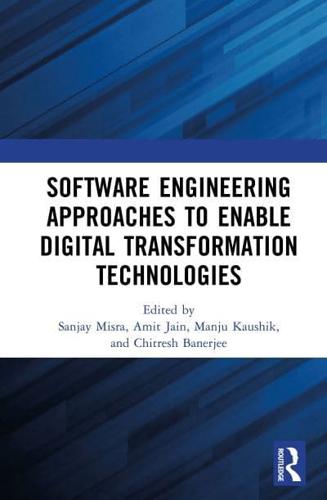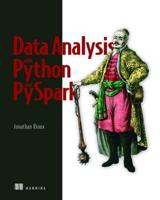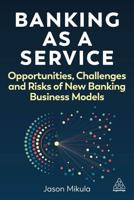Publisher's Synopsis
Software Engineering Approaches to Enable Digital Transformation Technologies features contributions reflecting ideas and research in enabling digital transformation technologies through software engineering. To date, multiple, different approaches have been adopted to develop software solutions for a variety of different problems. Of all the available approaches, the main approaches are level-oriented, data flow-oriented, data structure-oriented, and object-oriented design approaches. The other focus of the book is digital transformation, which can be defined as the adoption of digital technology to improve efficiency, value, and innovation
Digitalization is more than just putting additional technological systems and services in place. Rather than improving conventional methods, a true digital transformation initiative includes radically rethinking company structures and procedures. There are four types of digital transformation: business process, business model, domain, and cultural and organizational. Companies are being challenged to develop new business models that consider and harness digitalization. From the standpoint of software engineering, digital transformation alters how software is built.
Current trends include the development of mobile applications, cloud applications, and Internet of Things (IoT) applications. Emerging trends are the development of digital twins, robotics, artificial intelligence, machine learning, augmented reality, and additive manufacturing. This book examines the challenges that arise due to digitization in society and presents plausible solutions that could be applied to counter these challenges and convert them into opportunities. These solutions may further be improvised and worked out for the software companies from the technological perspective, organizational perspective, and management perspective.










